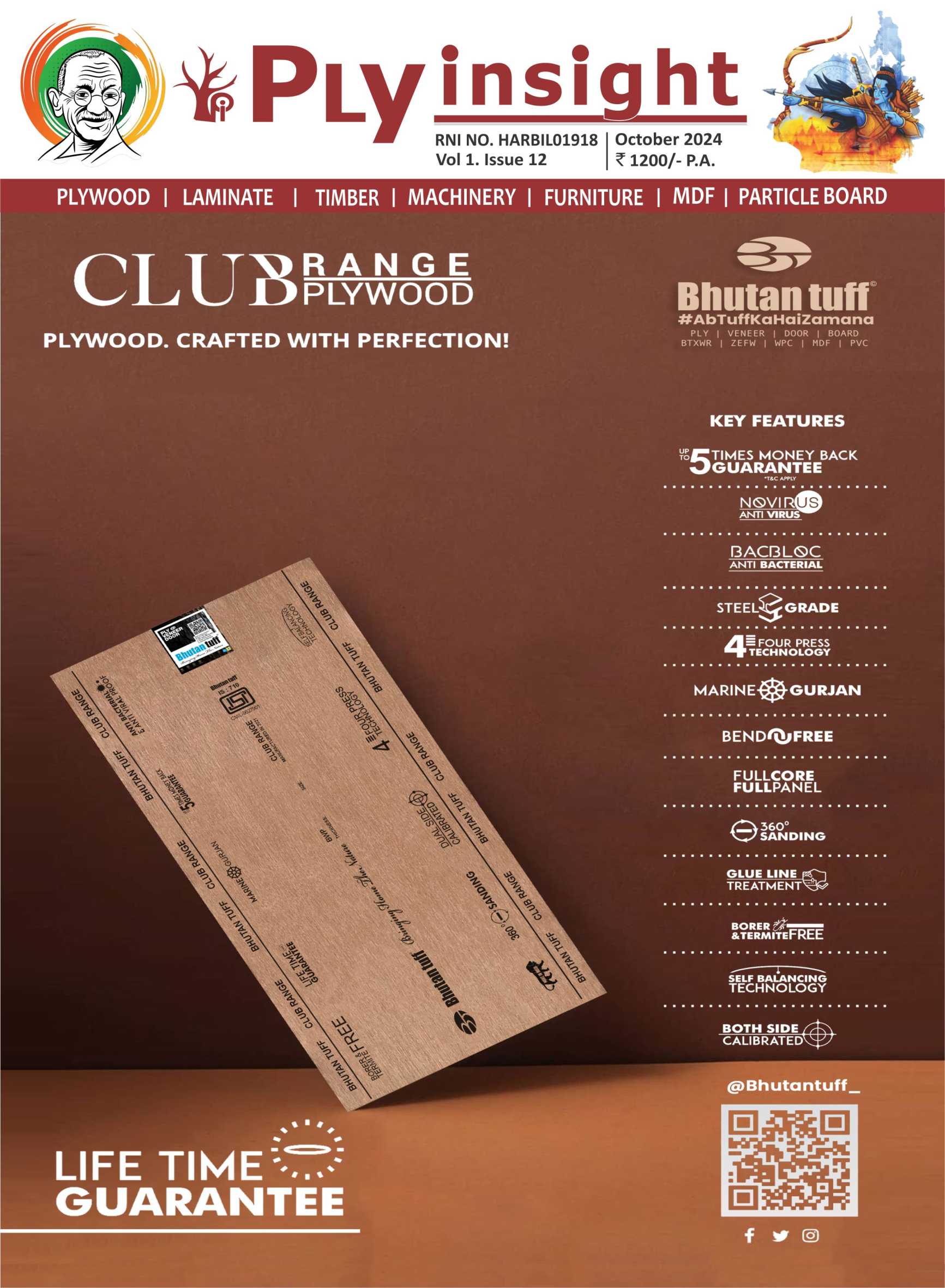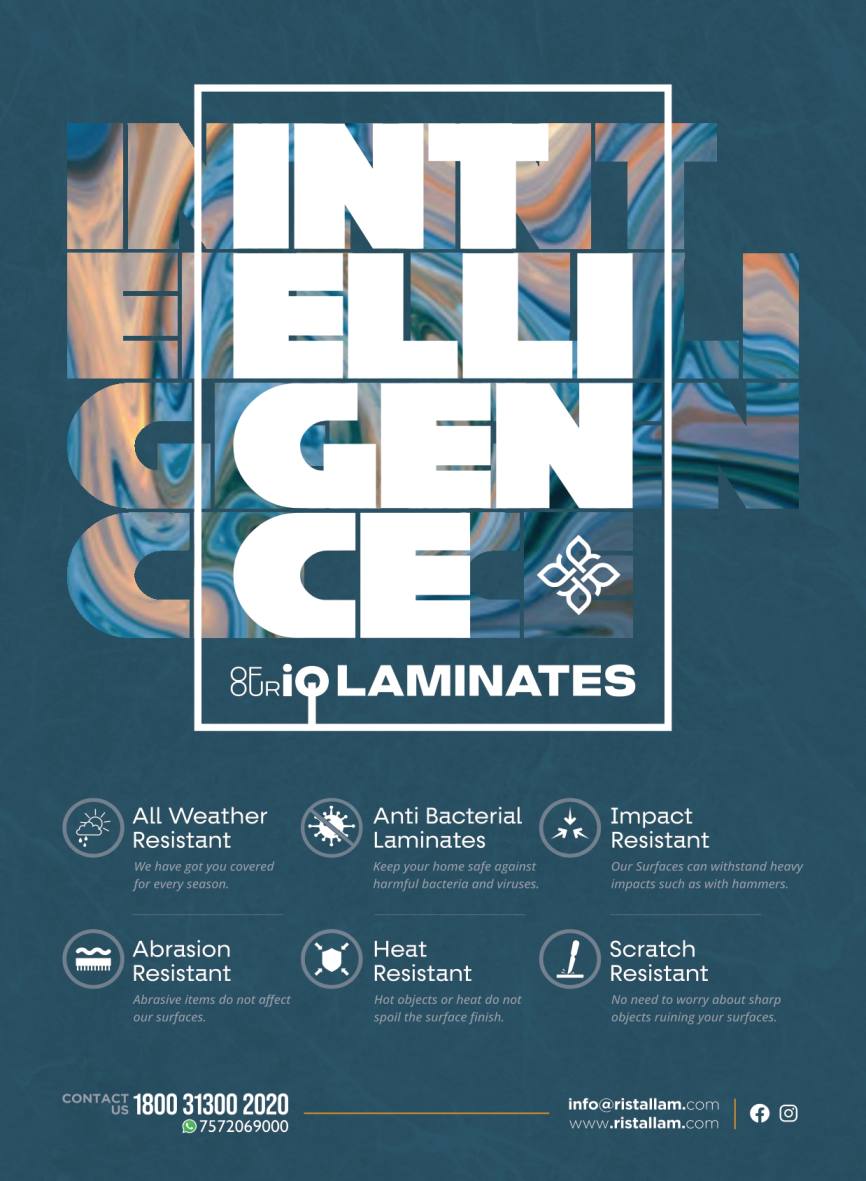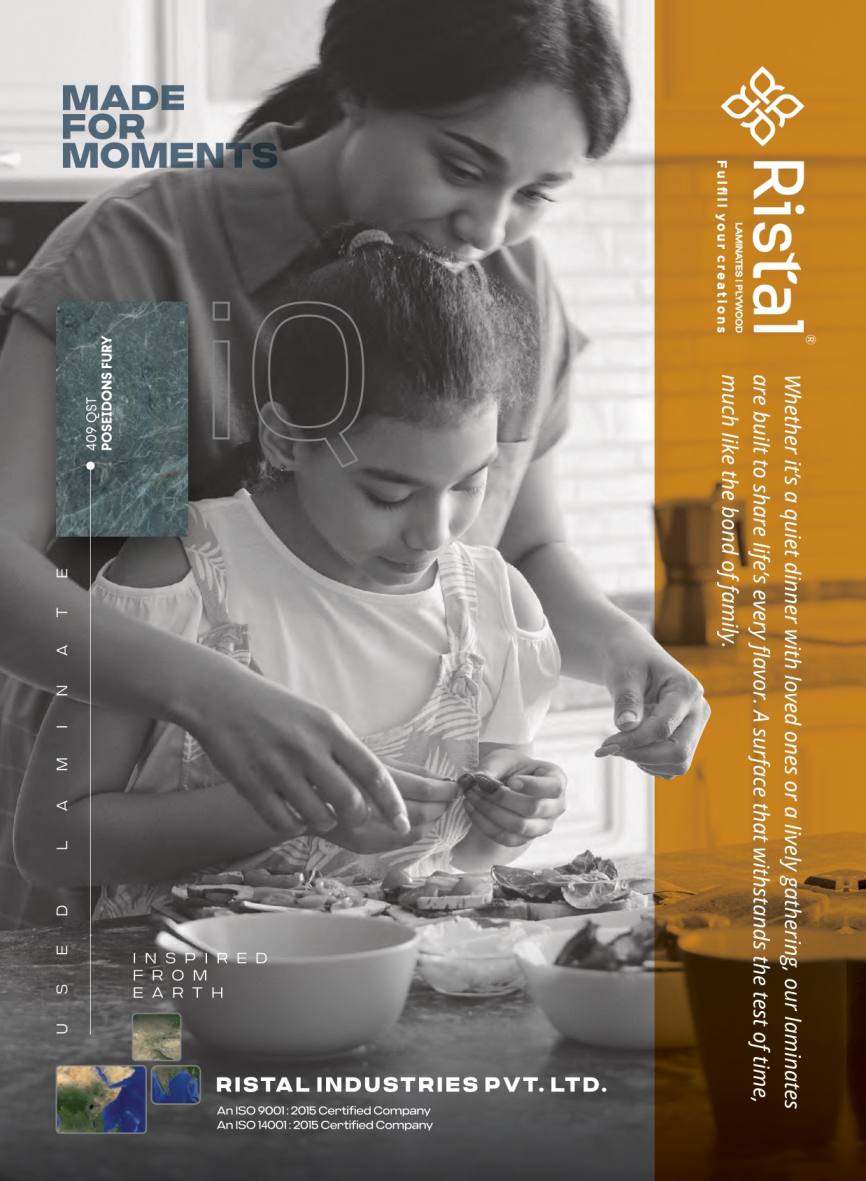The Never- Ending Love for Cash
- जनवरी 24, 2022
- 0
The queue for those wanting to pay cash for their hefty purchases is at least three times longer than the one for those using cards or wallets.
Welcome to the great Indian cash obsession story. And we are not talking about India’s tier II or III towns where digital access is still limited. The question is: if this is happening in the richest areas of the country’s commercial capital Mumbai (Delhi and other metros can’t be far behind), what does it say about the moral compass of India’s citizens? Nobody seems to care that the greater the tax evasion in an economy, the higher the walls for honest entrepreneurs, the lower the morality.
Look at real estate transactions. Five years after demonetization, which sought to curb black money and reduce cash circulation in the economy, community platform local circles did a survey where 70 per cent of respondents said they have paid a large component of the total payment towards a real estate transaction in cash. About 16 per cent said they have paid over half the amount in cash. Many people reported that even for many medium and small scale enterprises, property registration takes place at a fraction of the total value paid, to evade taxes. This is partly the reason why even as digital payments are booming; cash is once again 14 per cent of the broad money circulating in the economy- the same as before demonetization.
India slipped six places to 86th among 180 countries in the Transparency International’s latest Corruption Perception Index. India also has the highest rate of bribery and use of personal links to access public services such as healthcare and education in Asia, according to another study titled Global Corruption Barometer Asia. It is well known that these indices do not reflect actual corruption level in any country, which means the reality, is much worse.
This acceptance of and active participation in corruption by citizens has been costly. Transparency International has estimated that a one-point increase of corruption on a scale from 10 to 0 lowers productivity by 4 per cent of the gross domestic product (GDP) and decreases net annual capital inflow by 0.5 per cent of GDP.
Former finance minister Arun Jaitley said in one of his Budget speeches that “we are a largely tax non-compliant society.” It’s obviously an understatement.
नकदी के लिए आग्रह नहीं हो रहा कम
आपको कार्ड या वॉलेट का इस्तेमाल करने वाले लोगों की तुलना में उन लोगों की कम से कम तीन गुना लंबी कतार दिख जाएगी जो बड़ी खरीदारी के लिए नकद भुगतान करना चाहते हैं।
इसके साथ ही आपका सामना देश में नकदी के प्रति आग्रह वाली मिसालों से हो सकता है। हैरानी की बात यह भी है कि भारत के मझोले शहरों या कस्बों के बारें मे बात नहीं कर रहे हैं जहां डिजिटल प्रक्रिया तक पहुंच अब भी सीमित है। सवाल यह है कि अगर देश की वाणिज्यिक राजधानी मुंबई (दिल्ली और अन्य महानगर भी पीछे नहीं हैं) के सबसे अमीर इलाकों मे ऐसा हो रहा है, तो इससे देश के नागरिकों के नैतिक पैमाने के बारे में क्या अंदाजा मिलता है। किसी को इस बात की परवाह नहीं है, कि एक अर्थव्यवस्था में जितनी अधिक कर चोरी होगी, ईमानदार उद्यमियों के लिए चुनौतियां उतनी ही बढ़ेंगी और नैतिकता का स्तर कम होगा।
आप रियल एस्टेट के लेन-देन पर गौर करें। उम्मीद यह की गई थी कि नोटबंदी से काले धन पर लगाम लगेगी और अर्थव्यवस्था में नकदी का संचार कम होगा। लेकिन नोटबंदी के पांच साल बाद एक कम्युनिटी मंच लोकलसर्कल्स ने सर्वेक्षण किया जिसमें हिस्सा लेने वाले करीब 70 प्रतिशत लोगों ने कहा कि उन्होंने रियल एस्टेट के लेन-देन के कुल भुगतान में से एक बड़ा हिस्सा नकदी में चुकाया। करीब 16 प्रतिशत ने कहा कि उन्होंने आधी से ज्यादा रकम नकदी में चुकाई है। कई लोगों ने बताया कि कई मझोले और छोटे पैमाने के उद्यमों का संपत्ति पंजीकरण भी कर बचाने के मकसद से भुगतान किए गए कुल मूल्य के एक छोटे हिस्से पर ही होता है। इसी वजह से डिजिटल भुगतान में तेजी आ रही है और अर्थव्यवस्था में एक बार फिर से करीब 14 प्रतिशत नकदी का चलन है जो स्थिति नोटबंदी से पहले भी थी।
यह स्पष्ट अंदाजा मिलता है कि ट्रांसपैरेंसी इंटरनैशनल के ताजा करप्शन परसेप्शन इंडेक्स में 180 देशों के बीच भारत आखिर छह स्थान पीछे होकर 86 वें स्थान पर क्यों आ गया। ग्लोबल करप्शन बैरोमीटर- एशिया के एक अध्ययन के अनुसार, एशिया में स्वास्थ्य देखभाल और शिक्षा जैसी सार्वजनिक सेवाओं तक पहुंच बनाने के लिए रिश्वतखोरी के बगैर काम नहीं चलता और व्यक्तिगत संपर्कों का इस्तेमाल सबसे अधिक किया जाता है। इस बात को सभी जानते हैं कि ये सूचकांक किसी भी देश में वास्तविक भ्रष्टाचार के स्तर को प्रतिबिंबित नहीं करते हैं जिसका अर्थ यह हुआ कि वास्तविकता बदतर है।
नागरिकों द्वारा भ्रष्टाचार में सक्रिय भागीदारी और इसकी स्वीकार्यता काफी महंगी साबित हुई है। ट्रांसपैरेंसी इंटरनैशनल ने अनुमान लगाया है कि 10 से 0 के पैमाने पर भ्रष्टाचार में एक सूत्री वृद्धि, सकल घरेलू उत्पाद (जीडीपी) के 4 प्रतिशत उत्पादकता को कम करती है और सकल घरेलू उत्पाद के शुद्ध वार्षिक पूंजी प्रवाह में 0.5 प्रतिशत की कमी लाती है।
पूर्व वित्त मंत्री अरुण जेटली ने अपने एक बजट भाषण में कहा था कि देश का समाज काफी हद तक ‘कर भुगतान’ नियमों का पालन नहीं करने वाला समाज है।
































































